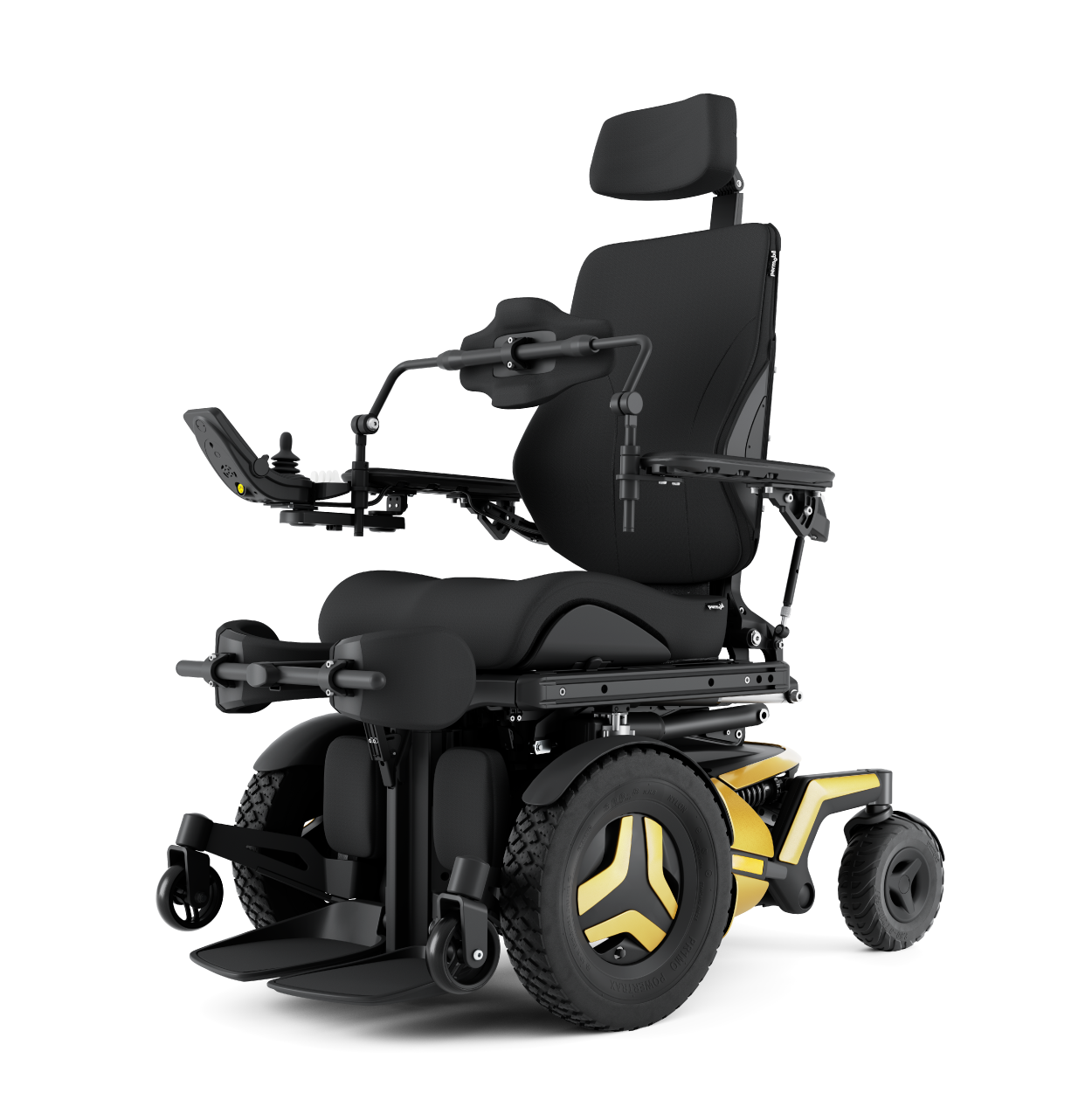
Photo courtesy of Permobil
August 15-19 is National CRT Awareness Week, a good time to talk about CRT and CRTS.
CRT is a popular term that stands for all kinds of things, including cognitive rehabilitation therapy, critical race theory, and Certified Respiratory Therapist. But in our space, CRT refers to complex rehabilitation technology, which is medical equipment that is configured for a specific injured worker.
The need for customization distinguishes CRT from out-of-the-box durable medical equipment like walkers. CRT equipment and devices are adapted and configured to meet the functional, medical, social and physical needs of a specific person.
Many CRT devices deploy advanced electronics and controls to provide individual seating, positioning, and mobility. Some can be programmed to move patients who are unable to move or shift their weight at regular intervals, pressure relief techniques that prevent pressure injuries.
CRT equipment you’re likely to see on complex claims are:
• Sophisticated power chair systems
• Rehab exercise systems
• Vehicle lifts
• Customized manual wheelchairs
• Alternative seating & positioning products
• Gait trainers
• Standing devices
There is also a professional designation, CRTS, which stands for Certified Rehabilitation Technology Supplier. These professionals undergo a certification process, which includes courses on seating, mobility, and skin integrity. The National Registry of Rehabilitation Suppliers administers the certification.
A CRTS, Occupational Therapist (OT), Physical Therapist (PT) or an Assistive Technology Professional (ATP) performs a thorough evaluation of the injured worker, their environment and physical limitations. The specialist then researches options and recommends the rehab technology products. They also conduct the fittings and manage the programming while educating the injured worker on the equipment’s use and care.
ATF Medical works with state-of-the-art CRT manufacturers and our experts stay on top of the latest product releases and upgrades to ensure injured workers receive the most appropriate equipment for their conditions.
We manage the entire process—from referral through the lifetime of the claim, including maintenance and repairs.
Claims reps shouldn’t have to learn everything about the vast array of equipment and features. Nor should they have to deal with day-to-day ordering and scheduling issues.
If you’d like to know more about our CRT solutions, please contact Rick Wyche, rwyche@atfmedical.com
Related:
http://What is Complex Rehabilitation Technology (CRT) equipment? (permobil.com)
